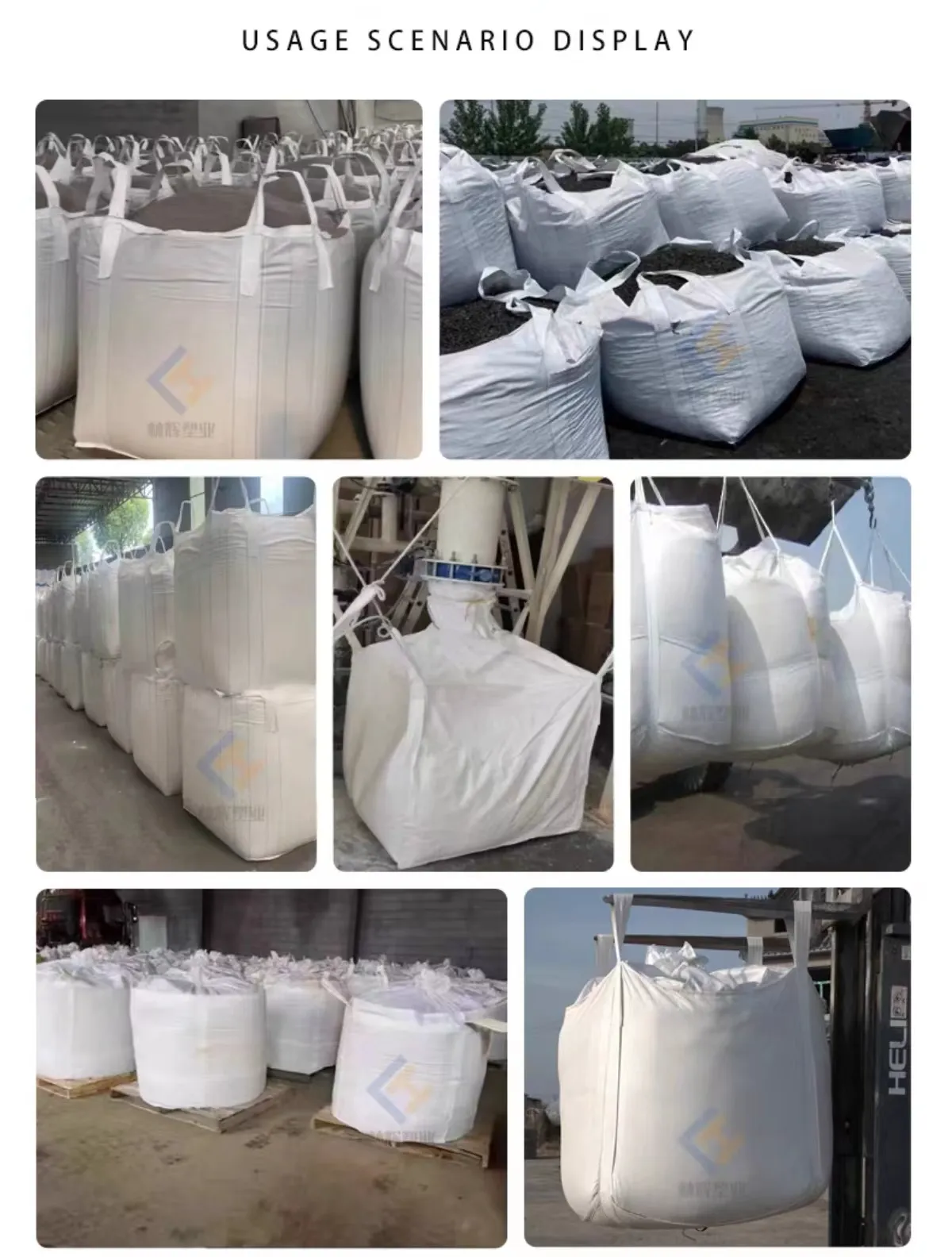-
 Afrikaans
Afrikaans -
 Albanian
Albanian -
 Amharic
Amharic -
 Arabic
Arabic -
 Armenian
Armenian -
 Azerbaijani
Azerbaijani -
 Basque
Basque -
 Belarusian
Belarusian -
 Bengali
Bengali -
 Bosnian
Bosnian -
 Bulgarian
Bulgarian -
 Catalan
Catalan -
 Cebuano
Cebuano -
 China
China -
 Corsican
Corsican -
 Croatian
Croatian -
 Czech
Czech -
 Danish
Danish -
 Dutch
Dutch -
 English
English -
 Esperanto
Esperanto -
 Estonian
Estonian -
 Finnish
Finnish -
 French
French -
 Frisian
Frisian -
 Galician
Galician -
 Georgian
Georgian -
 German
German -
 Greek
Greek -
 Gujarati
Gujarati -
 Haitian Creole
Haitian Creole -
 hausa
hausa -
 hawaiian
hawaiian -
 Hebrew
Hebrew -
 Hindi
Hindi -
 Miao
Miao -
 Hungarian
Hungarian -
 Icelandic
Icelandic -
 igbo
igbo -
 Indonesian
Indonesian -
 irish
irish -
 Italian
Italian -
 Japanese
Japanese -
 Javanese
Javanese -
 Kannada
Kannada -
 kazakh
kazakh -
 Khmer
Khmer -
 Rwandese
Rwandese -
 Korean
Korean -
 Kurdish
Kurdish -
 Kyrgyz
Kyrgyz -
 Lao
Lao -
 Latin
Latin -
 Latvian
Latvian -
 Lithuanian
Lithuanian -
 Luxembourgish
Luxembourgish -
 Macedonian
Macedonian -
 Malgashi
Malgashi -
 Malay
Malay -
 Malayalam
Malayalam -
 Maltese
Maltese -
 Maori
Maori -
 Marathi
Marathi -
 Mongolian
Mongolian -
 Myanmar
Myanmar -
 Nepali
Nepali -
 Norwegian
Norwegian -
 Norwegian
Norwegian -
 Occitan
Occitan -
 Pashto
Pashto -
 Persian
Persian -
 Polish
Polish -
 Portuguese
Portuguese -
 Punjabi
Punjabi -
 Romanian
Romanian -
 Russian
Russian -
 Samoan
Samoan -
 Scottish Gaelic
Scottish Gaelic -
 Serbian
Serbian -
 Sesotho
Sesotho -
 Shona
Shona -
 Sindhi
Sindhi -
 Sinhala
Sinhala -
 Slovak
Slovak -
 Slovenian
Slovenian -
 Somali
Somali -
 Spanish
Spanish -
 Sundanese
Sundanese -
 Swahili
Swahili -
 Swedish
Swedish -
 Tagalog
Tagalog -
 Tajik
Tajik -
 Tamil
Tamil -
 Tatar
Tatar -
 Telugu
Telugu -
 Thai
Thai -
 Turkish
Turkish -
 Turkmen
Turkmen -
 Ukrainian
Ukrainian -
 Urdu
Urdu -
 Uighur
Uighur -
 Uzbek
Uzbek -
 Vietnamese
Vietnamese -
 Welsh
Welsh -
 Bantu
Bantu -
 Yiddish
Yiddish -
 Yoruba
Yoruba -
 Zulu
Zulu
Innovative Applications of Mesh Steel Screens in Modern Construction and Industrial Settings
Understanding Mesh Steel Screens Applications and Benefits
Mesh steel screens, often referred to simply as wire mesh or mesh screens, are integral components in various industries due to their versatility, durability, and effectiveness in filtration and separation processes. Composed of interconnected strands of steel wire, these screens can be woven in different patterns to create specific openings, making them suitable for a wide range of applications.
Composition and Manufacturing
Mesh steel screens are typically manufactured from stainless steel, carbon steel, or galvanized steel, ensuring they are robust and resistant to wear and corrosion. The manufacturing process involves weaving individual wire strands into a net-like structure, which can be modified to achieve the desired mesh size. The openings between the strands can vary in size, allowing for customization according to the specific needs of the application they are intended for.
Applications of Mesh Steel Screens
1. Filtration One of the primary uses of mesh steel screens is in filtration systems. They are used to separate solids from liquids and gases, making them essential in industries like food and beverage, water treatment, and chemical processing. The screens effectively capture particulate matter while allowing the desired fluid to pass through.
2. Construction Mesh steel screens are frequently used in the construction industry, particularly for reinforcing concrete. The mesh adds strength and stability to structures, preventing cracking and ensuring longevity. They are also used in scaffolding and safety barriers, providing protection on construction sites.
3. Mining and Aggregate In the mining industry, mesh screens play a critical role in the separation of materials. They are used in vibrating screens that classify materials based on size and density, allowing for efficient processing of minerals and aggregates.
mesh steel screen

4. Automotive and Aerospace Both automotive and aerospace industries employ mesh steel screens in various applications, including air and fluid filtration systems. They are used in components such as air intake systems and fuel filters to ensure optimal performance and safety.
5. Agriculture In agriculture, mesh screens are used in irrigation and drainage systems. They help filter out debris and prevent clogging, which can hinder water flow and affect crop health. Additionally, they can be used in the design of pest screens and separation equipment in grain processing.
Benefits of Mesh Steel Screens
The advantages of using mesh steel screens are numerous. Perhaps most significantly, their durability means they can withstand harsh environmental conditions and heavy use, leading to a longer lifespan and reduced replacement costs. Furthermore, their customizable nature allows for precise management of particle sizes, enhancing efficiency in various processes.
Additionally, mesh steel screens are often easy to clean and maintain, minimizing downtime in operational settings. Their flexibility in design means they can be made to fit various shapes and sizes, catering to diverse industrial requirements.
Conclusion
In conclusion, mesh steel screens are vital components across multiple industries, thanks to their versatility and strength. Whether for filtration, reinforcement, or separation processes, these screens provide effective solutions that enhance productivity and efficiency. Their wide-ranging applications highlight their importance in modern industrial practices, making them indispensable tools in both everyday operations and specialized tasks. As technology advances, the design and capabilities of mesh steel screens are likely to evolve, further solidifying their role in a variety of sectors.
-
Shipping Plastic Bags for Every NeedNewsJul.24,2025
-
Safety Netting: Your Shield in ConstructionNewsJul.24,2025
-
Plastic Mesh Netting for Everyday UseNewsJul.24,2025
-
Nylon Netting for Every UseNewsJul.24,2025
-
Mesh Breeder Box for Fish TanksNewsJul.24,2025
-
Expanded Steel Mesh Offers Durable VersatilityNewsJul.24,2025











